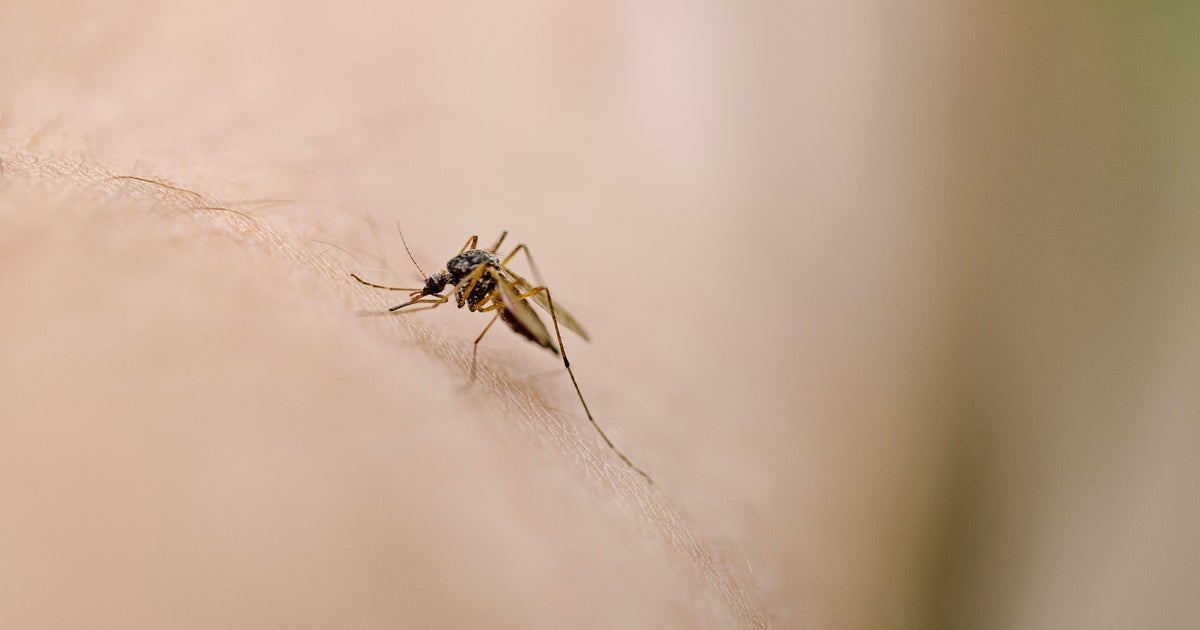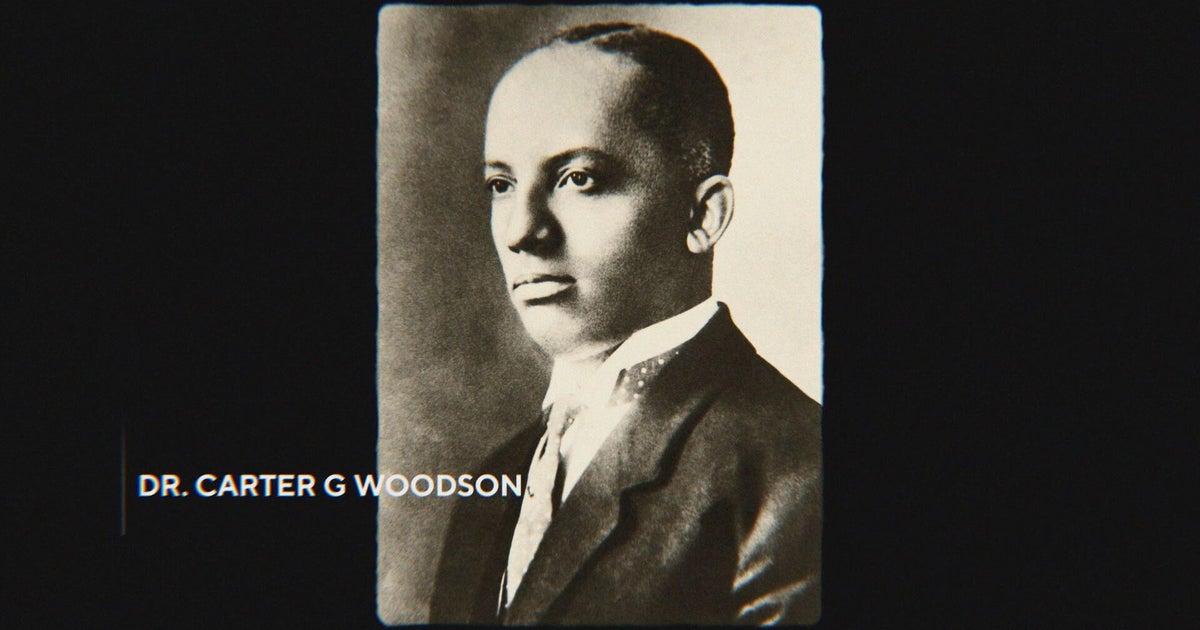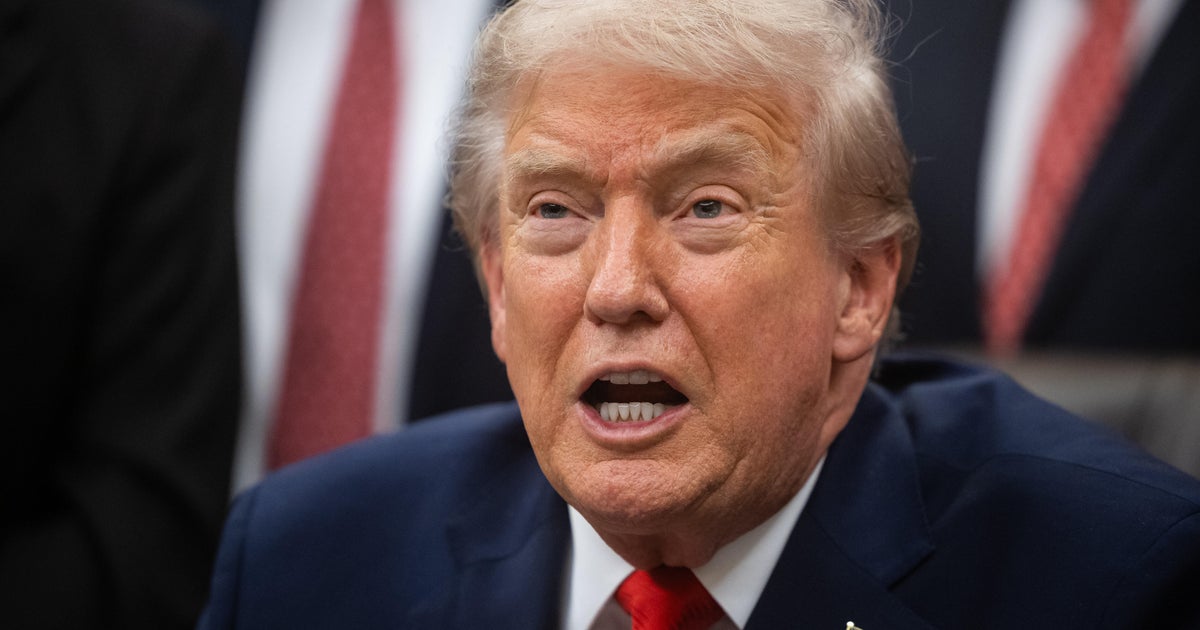Your Brain Stopped Making New Cells At Age 13, Study Claims
(CNN) -- Your brain has peaked by age 13. The creation of new brain cells in the hippocampus ends before we even reach adulthood, according to a study published Wednesday in the journal Nature.
Previously, scientists generally believed that the human hippocampus generates new brain cells or neurons throughout adulthood. There's no consensus about the number of neurons made in adulthood; some researchers believe that hundreds of neurons are added each day, while others contend that very few are created after childhood.
This birth of new brain cells -- or neurogenesis -- is "a fascinating process," said Arturo Alvarez-Buylla, senior author of the new study and a professor of neurological surgery at the University of California, San Francisco.
What would it mean?
"It requires the birth of the cell, the migration or the movement of the cell to the right place -- which is not an easy task in the very dense structure of the brain -- and then that cell has to make space to grow and connect to other cells and then contribute in a functional way to that circuit," he said.
Neurons are created by progenitor cells, also called precursor or stem cells. Newborn neurons are important because they have different properties than mature neurons. In particular, they excel at forming new connections.
For the study, the researchers searched for progenitor cells and young neurons in 59 postmortem and postoperative human tissue samples taken from the hippocampus. The hippocampus, a tiny seahorse-shaped structure deep inside the brain, plays a major role in learning and remembering. Alvarez-Buylla's research focuses on one brain region at a time.
The ages of the brain tissue samples ranged from early fetus through adulthood.
In fetal samples that had gestated 14 weeks, the researchers saw rich streams of precursor cells and immature neurons migrating to a still-developing region within the hippocampus known as the dentate gyrus, known to be crucial to memory formation.
Searching additional fetal samples, the researchers discovered that by 22 weeks, the migration of cells had decreased. By age 1, there were far fewer immature neurons than during the fetal stage. Older samples showed even fewer young neurons. Age 13 was the oldest brain tissue sample containing any immature neurons, the researchers found.
The adult tissue samples had none.
What does it mean that our brains do not make new brain cells beyond age 13?
Alvarez-Buylla asks instead, "What would it mean if we did make neurons in this part of the brain?"
Some people believe the process of neurogenesis adds to the rejuvenation of the brain, yet no one knows whether this is the case, he explained.
"If the adult brain contains some stem cells that might be reactivated or rekindled," he wondered, "would it really contribute in an important way to any plasticity or even some recovery from the loss of neurons as happens in some diseases?" It might be good, he said, but it also might not.
René Hen, a professor in Columbia University's departments of psychiatry, neuroscience and pharmacology at the Kavli Institute for Brain Science, said the new study is "provocative."
Harnessing youth
"It is provocative because it claims that in the average human brain there are very few neurons left -- in other words, it's probably not functional," said Hen, who was not involved in the research. "It is important because there are few studies that have documented how many of these young neurons are present in the hippocampus in humans."
He said there's been "a lot of interest in trying to harness these young neurons to improve cognition."
"We don't know how many of these young neurons are important for function," he said. There's evidence that interneurons -- a different type of brain cell -- mediate the function of young neurons and even amplify their effects.
"So even a small number of young neurons could actually have quite potent effects," Hen said. "How many is enough to produce a function is really the question."
Why were no young neurons found in adult brain tissue in this study, when previous research found many or at least some neurons? Hen suggested that the use of tissue samples might explain the discrepancy. "When you work with postmortem human tissue, the tissue is often of poor quality," he said, and so it is "very difficult" to assess the number of neurons contained there.
Hen added that biology also affects neurons, so the postoperative samples might also be problematic.
"In cases of psychiatric disorders, in cases of stress, in cases of inflammation, the number of neurons decreases," Hen said. Future research is needed to reconcile the differences between past studies and this new work, he said. "The jury is still out."
Jason Snyder, an assistant professor in the department of psychology at the University of British Columbia, described the new research as "important."
Snyder's commentary was published Wednesday in Nature beside the new study, in which he was not involved.
"It provides strong evidence that the human brain's ability to produce newborn neurons in the hippocampus (a brain region involved in memory formation) is limited as we get older," Snyder wrote in an email.
The new study also needs to be taken seriously because it guides us to explore new directions. "If we can understand how neural precursor cells work, we may be able to use them to replace neurons that have died," he said.
Alvarez-Buylla said the most "striking" observation of the paper was something else that was missing, besides the new neurons.
"In the rat brain, there is a very dense layer of cells, some of which are actively proliferating, and this is where the progenitors of the new neurons meet. This region is called the granular zone," he said. "That structure was simply not there in humans."
The-CNN-Wire
™ & © 2018 Cable News Network, Inc., a Time Warner Company. All rights reserved.







